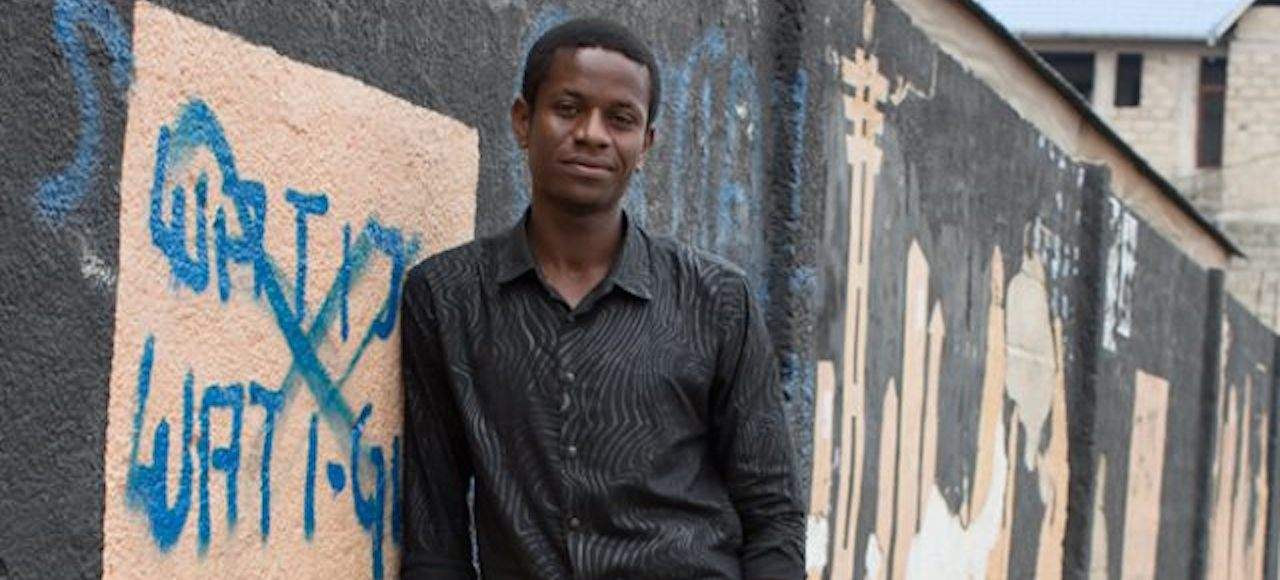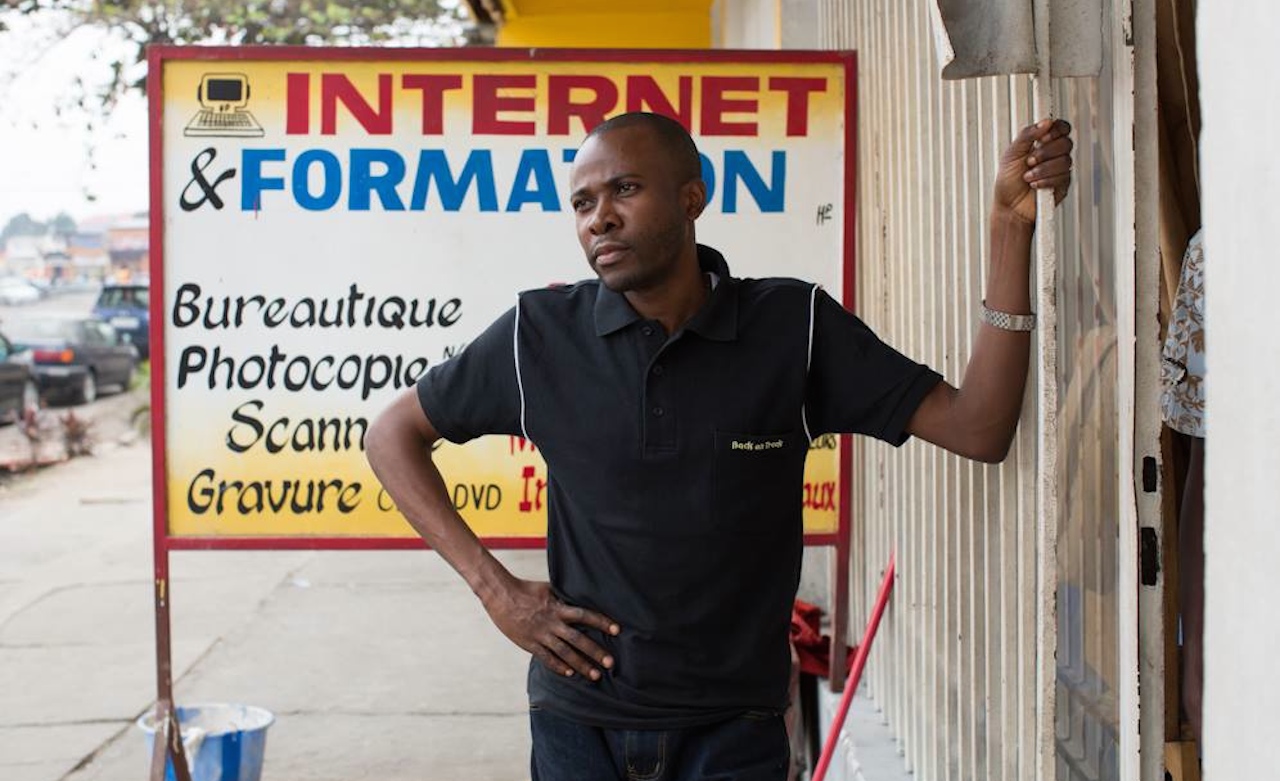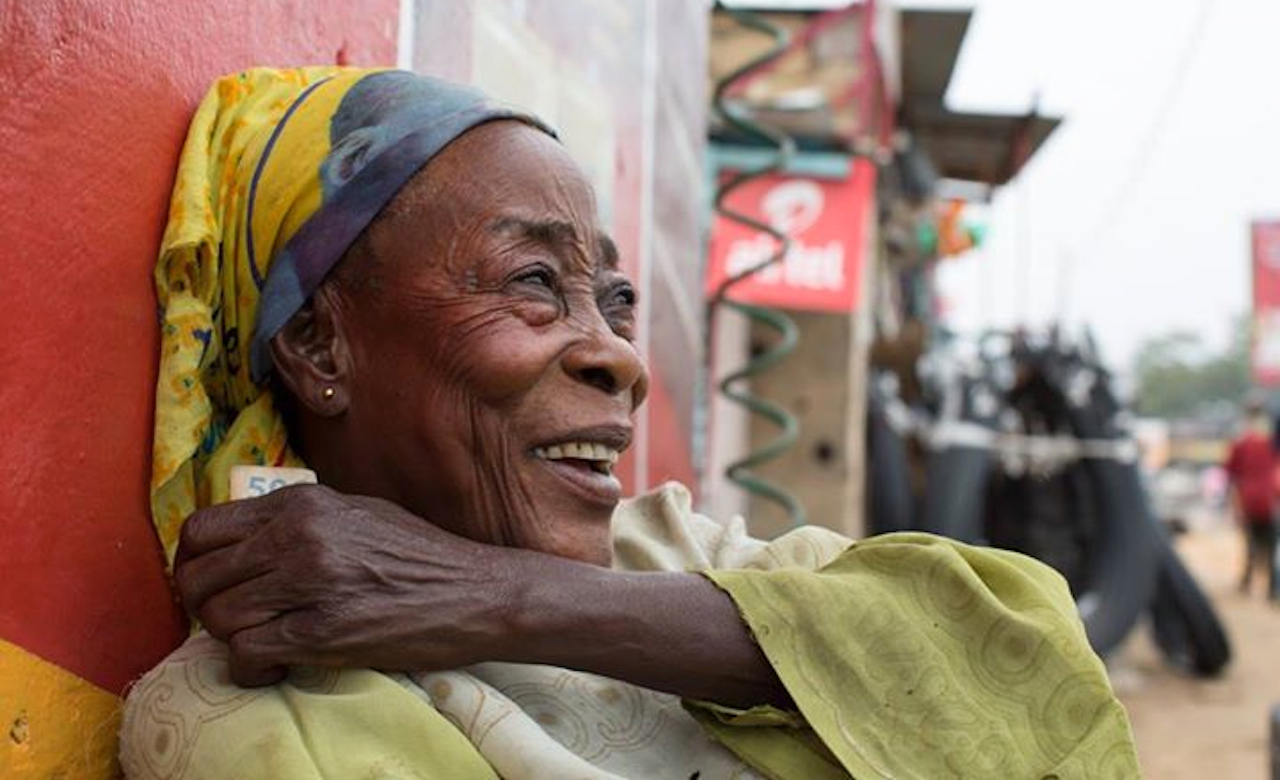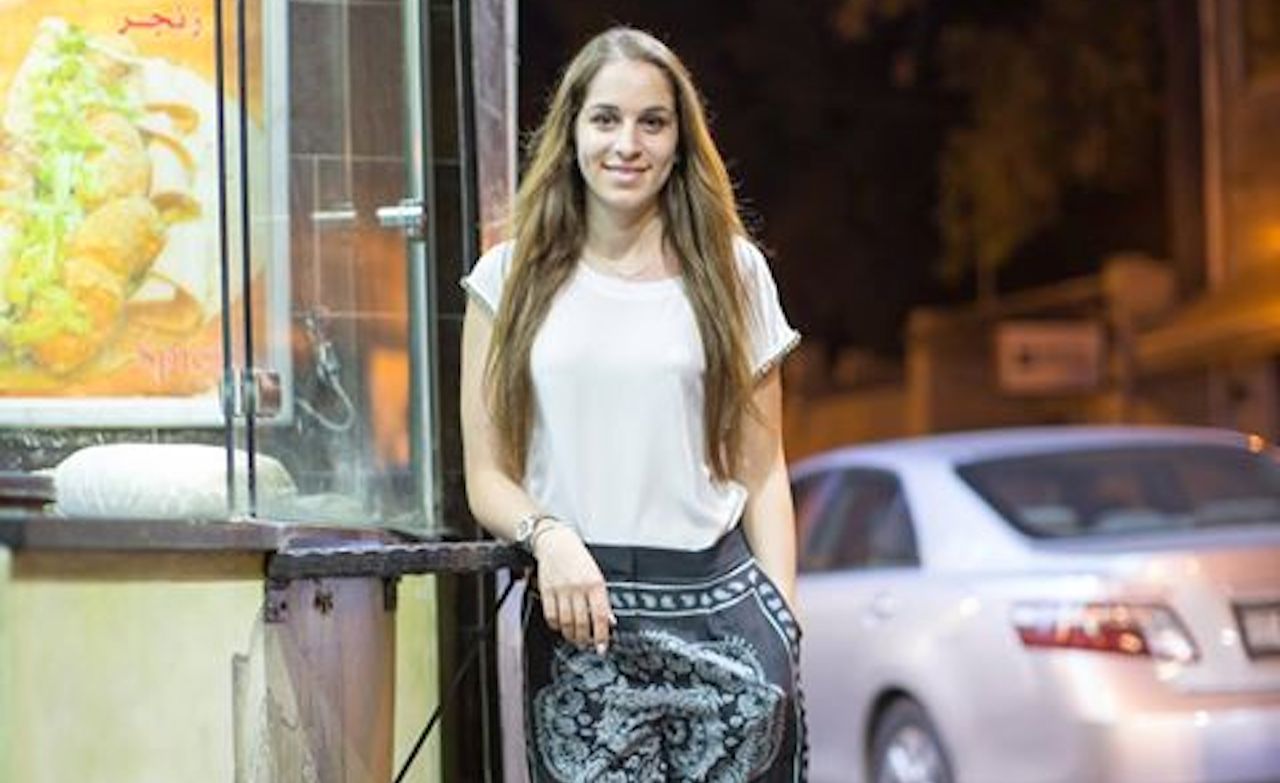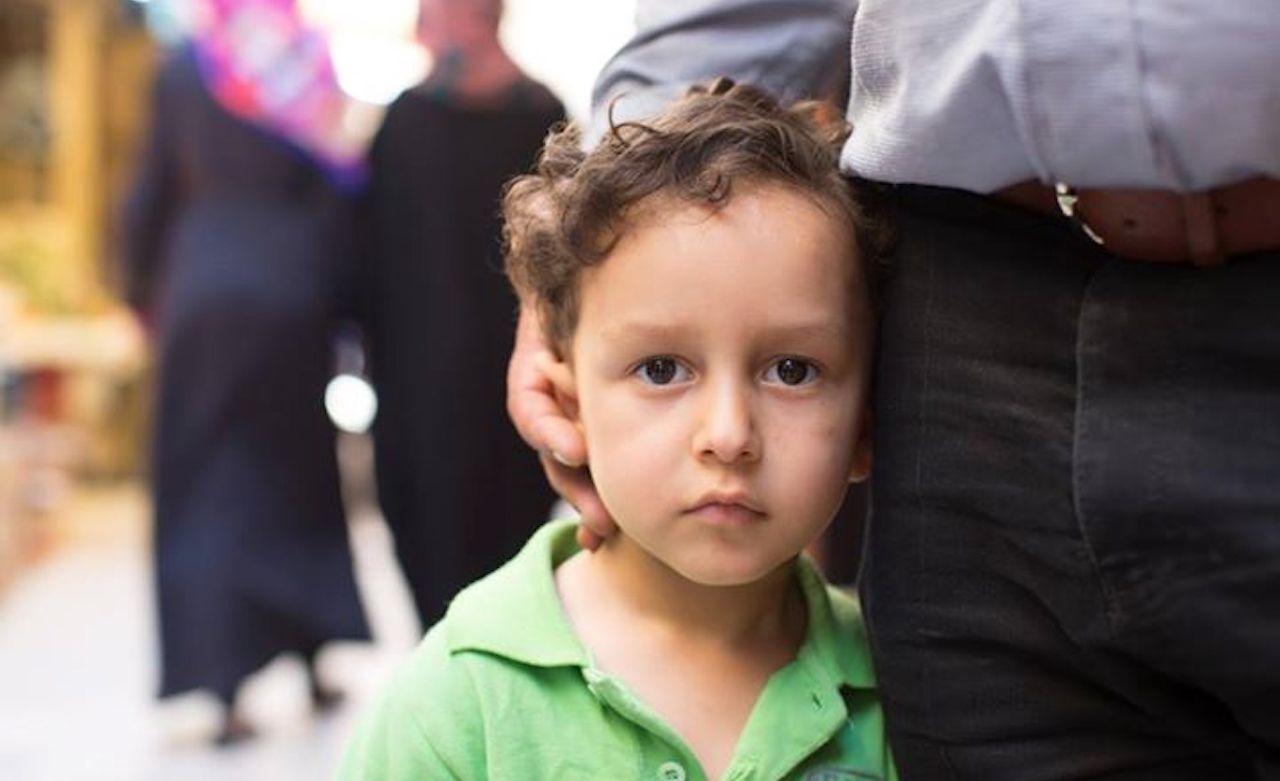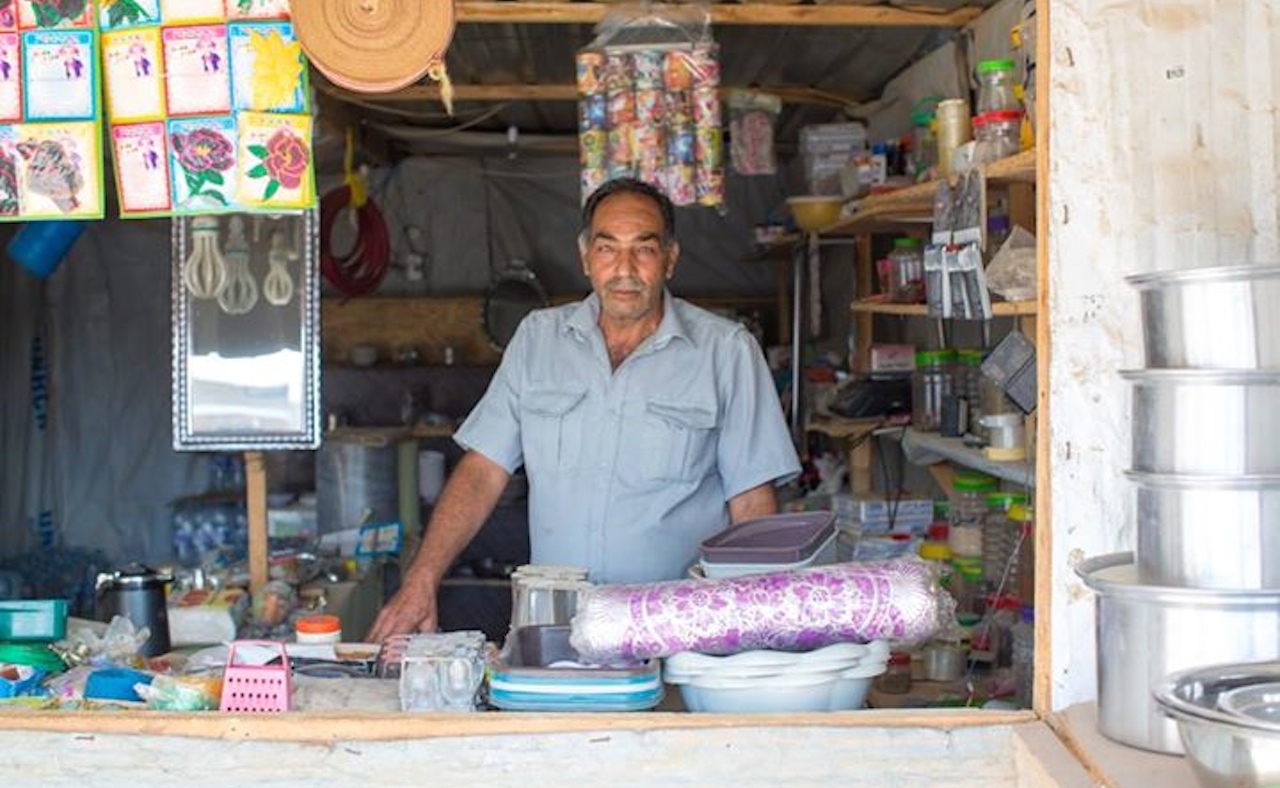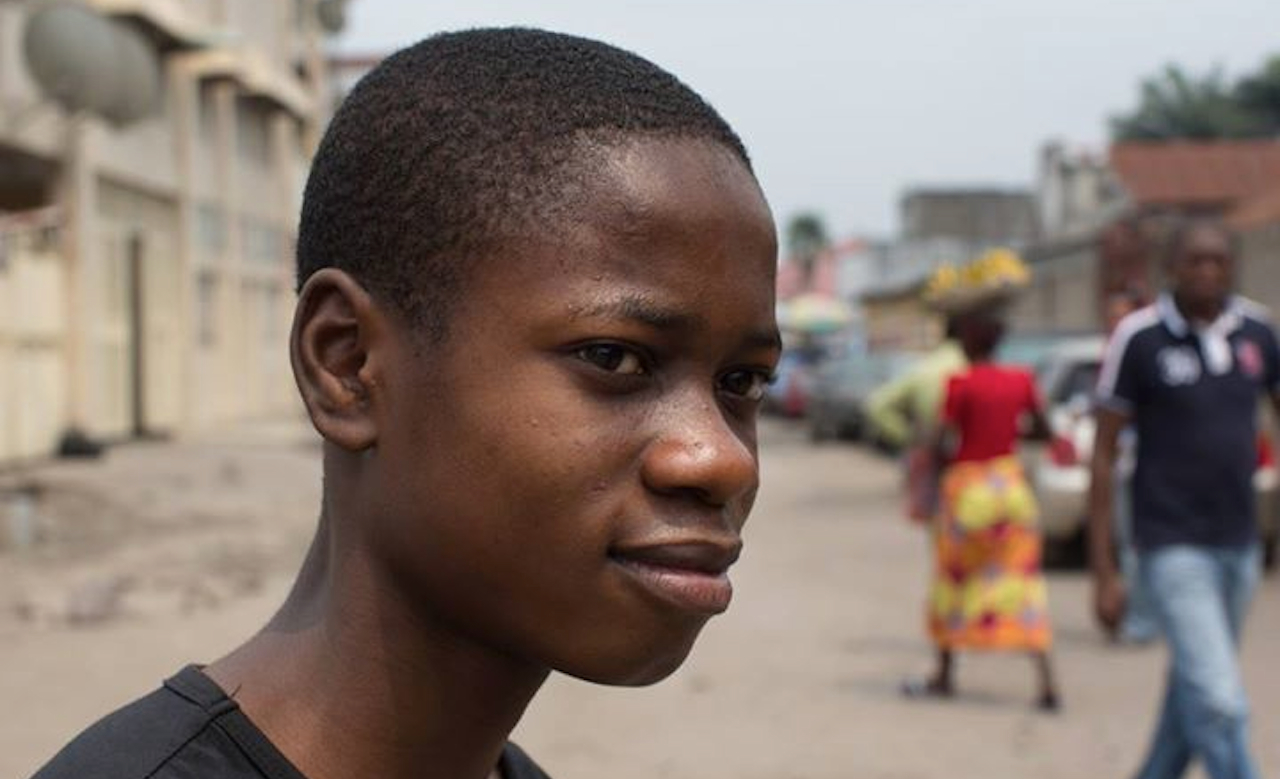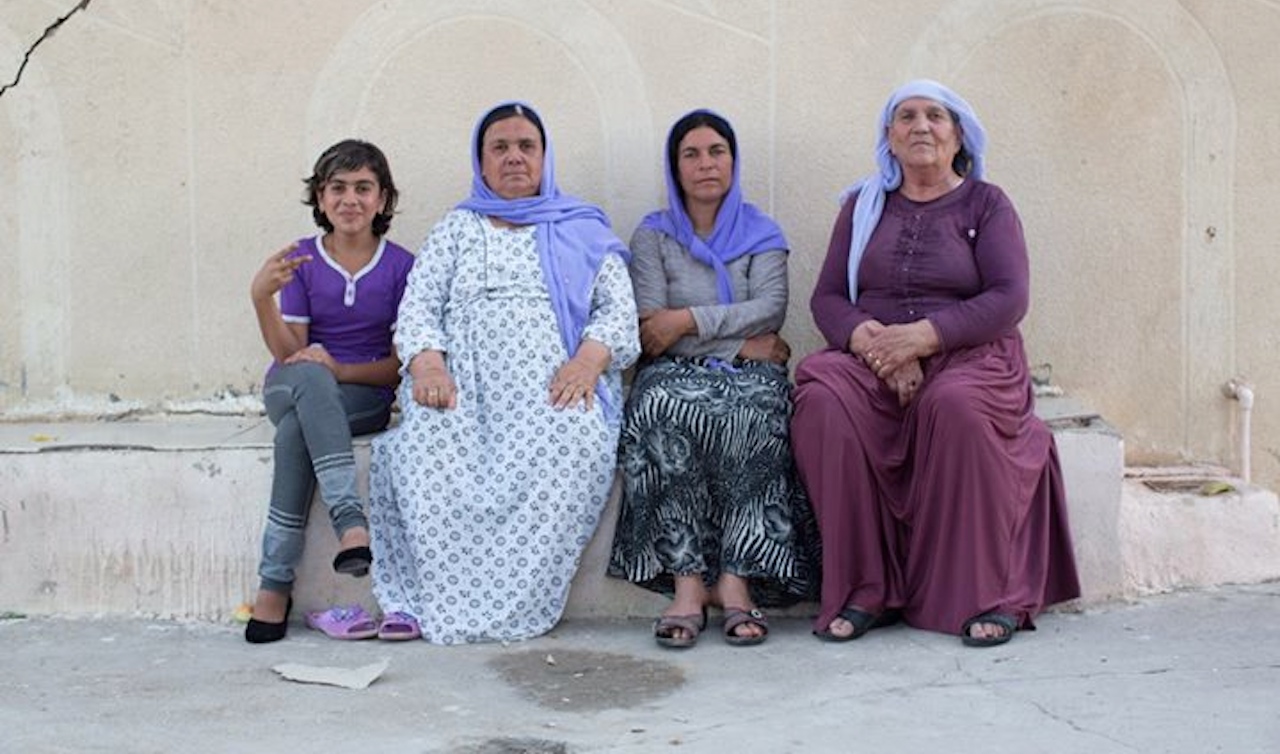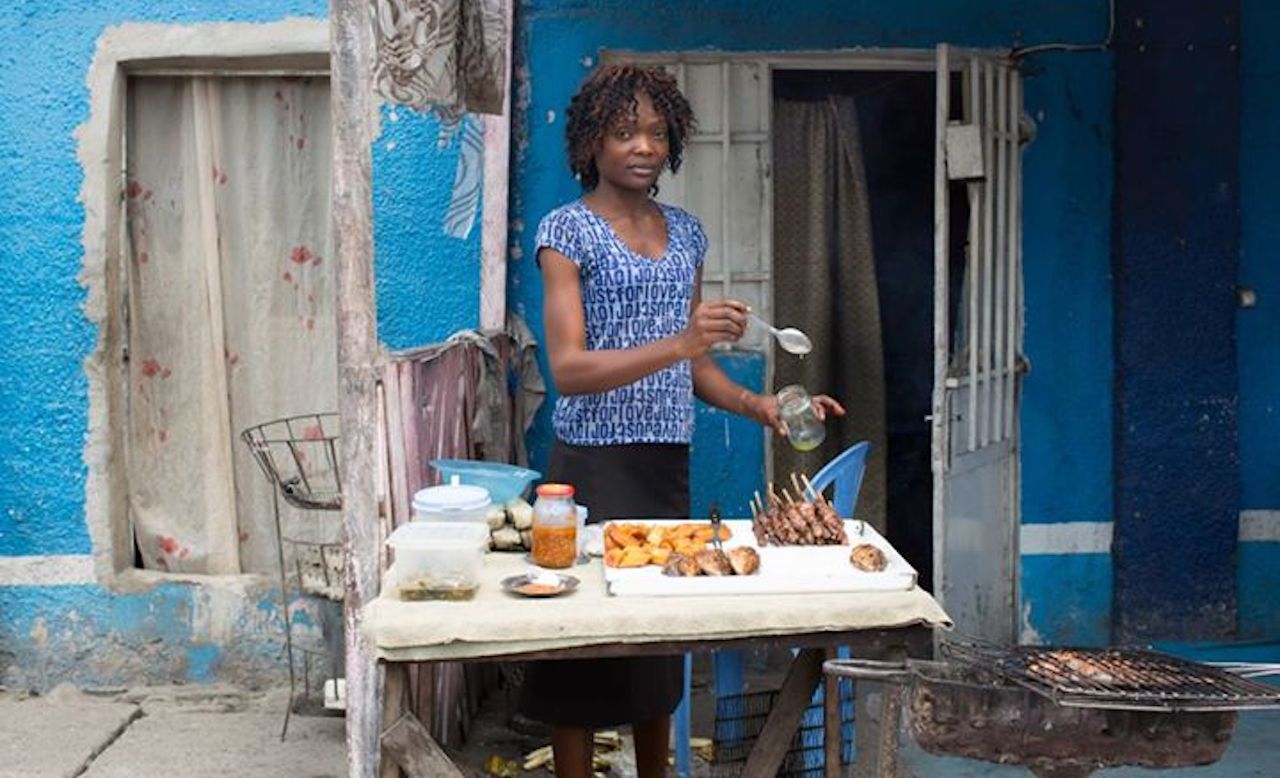Humans of New York Has Gone Global
Photographer Brandon Stanton has left the five burroughs behind.
Young dudes on their way to find a steady job. Frustrated teachers between classes. Older sisters taking their younger brothers to football training. You've met so many story-filled faces on the streets of NYC through Brandon Stanton's insanely popular site Humans of New York. Now the neighbourhood's getting a little more global, with HONY heading out of the five burroughs.
Street photography can often stand on its own wordless feet, but photographer Stanton uses just one quote to give a skerrick of insight into lives you had no comprehension of. Strolling through the streets of New York City, Stanton takes unbelievably poignant shots of strangers paired with one excerpt from a conversation he's had with them on the spot. The result is heartwrencher after heartwrencher of wonderfully joyous, sad, excited, in love, grieving, human stories.
Now, with a number one New York Times best-selling book, over 1.5 million Instagram followers and nine million Facebook fans behind him, Stanton has left the streets of Brooklyn, Manhattan, the Bronx, Staten Island and Queens behind for a more worldwide neighbourhood. Sponsored by the UN, Stanton is taking a 50-day world tour of war zones and areas in conflict. The UN hopes to raise awareness of the Millennium Development Goals, which aim for "human dignity, equality, and equity". Iraq, Jordan and the Democratic Republic of Congo have been visited so far, next for Stanton are Haiti, Ukraine and South Sudan.
"Those are the places that have the most extreme headlines coming out," Mr. Stanton told the New York Times from Jerusalem. "Those are the places most skewed in people’s heads. The work has a very humanising effect in places that are misunderstood or feared."
"It's always been my dream to have a successful business. I'd like one day to open more stores, and maybe even expand into the provinces. But the conditions are very difficult to start a business. Taxes are very high and services are very limited. The electricity was out for eleven days last month, but I still had to pay for thirty days. And when I try to use a generator, the costs are so high that the customers stop coming. It's very difficult." (Kinshasa, Democratic Republic of Congo)
"She said she'd let me take her photo if I bought some peanuts from her. Afterward, I asked if she could remember the saddest moment of her life. She laughed, and said: 'You're going to need to buy some more peanuts.'"(Kasangulu, Democratic Republic of Congo)
"I get way too sensitive when I get attached to someone. I can detect the slightest change in the tone of their voice, and suddenly I'm spending all day trying to figure out what I did wrong." (Amman, Jordan)
"He runs to me every time I come home. It makes me very happy, and it reminds me of the times when I used to run to my father." (Al-Salt, Jordan)
"Back in Syria, I sold antiques and Orientals. I had all sorts of things in my shop: glass vases, old stamps, coins from the Roman and Ottoman empire, valuable laces, antique furniture. But they beat me with rifles and knocked out my teeth. Then they burned my store to the ground." (Zaatari Refugee Camp, Jordan)
"I want to discover the cure for Ebola." (Kinshasa, Democratic Republic of Congo)
"We told her to sit with us so we could share her sadness." (Dohuk, Iraq)
"I'm studying law. My dream is to be a judge one day. Too many people in this country are only in prison because they were too poor to defend themselves. When I'm a judge, I'll look only at the facts, and not at the person." (Kinshasa, Democratic Republic of Congo)
"We're trying to get to Grandma's." (Zaatari Refugee Camp, Jordan)
Check out the whole series at Humans of New York, on Instagram or Facebook.
Via New York Times and Fast Company. All images Brandon Stanton.
